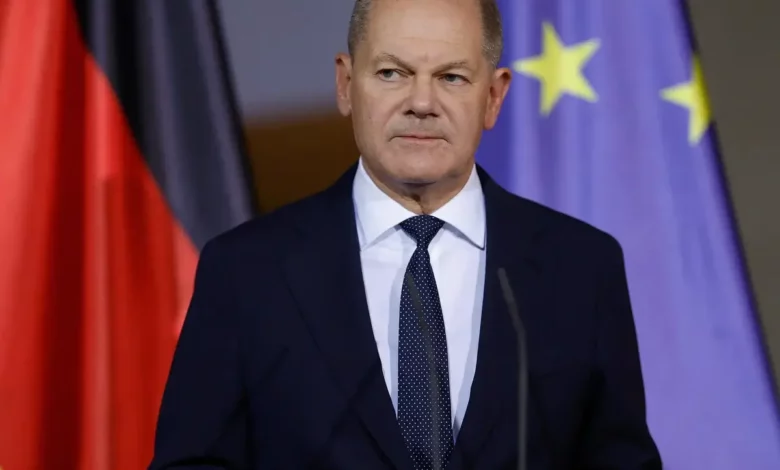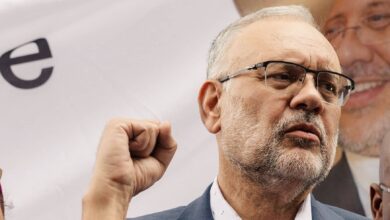
German Coalition Collapses as Chancellor Scholz Dismisses Finance Minister Lindner.
In a dramatic turn of events, the German government has unraveled following Chancellor Olaf Scholz’s dismissal of his finance minister, Christian Lindner, marking a significant political crisis for Europe’s largest economy.
The unexpected upheaval arrives amidst a backdrop of economic stagnation, political tension, and external pressures, with Germany and the European Union facing significant challenges on a global scale.
The dissolution of the “traffic light” coalition, an alliance of Scholz’s Social Democrats (SPD), the Greens, and the Free Democrats (FDP), was officially announced on Wednesday.
The coalition, which formed in 2021, had pledged modernization and reform, taking over after Angela Merkel’s 16-year chancellorship. However, internal discord over budgetary policy, military spending, and environmental initiatives created a strain within the alliance.
The divisions reached a critical point with Lindner’s refusal to support Scholz’s proposal to suspend the “debt brake” to fund a €15 billion package for Ukraine, and a domestic initiative to cap energy costs for companies amid escalating economic challenges.
Lindner, known for his fiscal conservatism, responded by accusing Scholz of attempting to “strong-arm” him into breaking Germany’s constitutionally mandated spending limit, remarking, “Olaf Scholz refuses to recognize that our country needs a new economic model.”
Until the vote, Scholz will attempt to govern with the remaining SPD-Green alliance, which falls short of the 367 votes required for a majority. This leaves the chancellor in a precarious position, relying on fragmented alliances to address immediate policy needs.
The political disarray arrives amid shifting public opinion, with a recent poll showing that 54 percent of Germans support early elections and 85 percent are dissatisfied with the government’s performance. The far-right Alternative for Germany (AfD) has capitalized on the growing disenchantment with mainstream parties.
Germany’s domestic instability threatens to weaken its role as a leader within the EU and risks slowing down critical defense and economic initiatives, particularly as the country faces renewed uncertainty with Donald Trump’s return to the White House.
As Germany navigates this political crisis, the future of its government and its ability to address pressing economic and international challenges remains uncertain.



